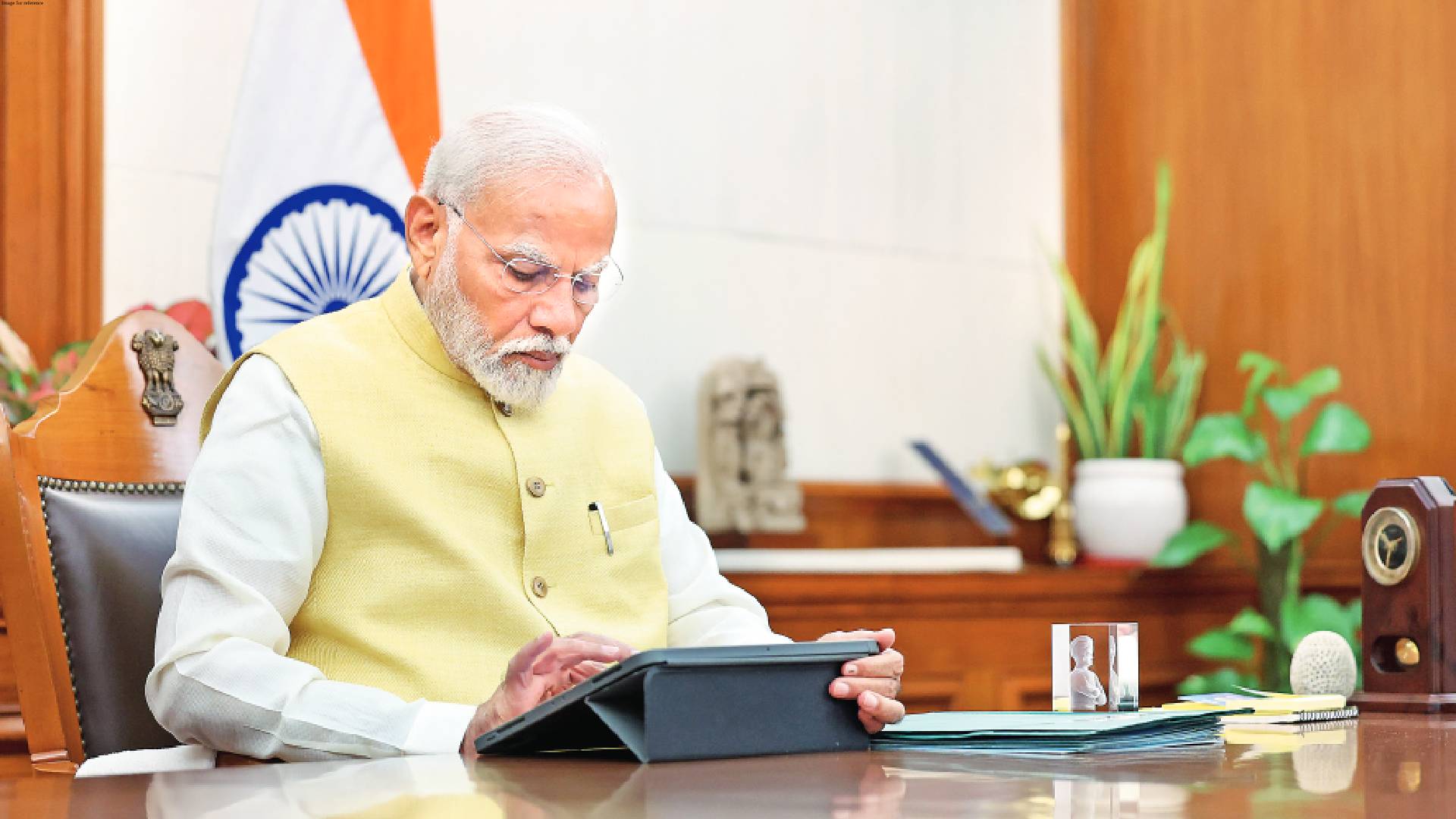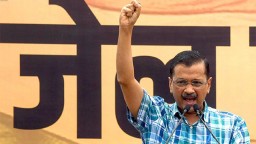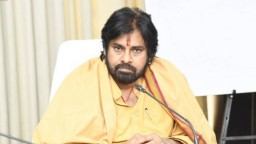Latest News
ARMY SECULARISM A POSSIBLE ROLE MODEL FOR INDIAN SOCIETY TODAY
.jpg)
In the last two months the state of Rajasthan has witnessed communal riots over issues involving religious faiths of two communities. A review of the recent communal violence has shown that although secularism and religious freedom have been restored in the constitution but the realities on ground have been different. Unfortunately, in India secularism is more of a subject of politics than of metaphysics or even values. This is one of the major reasons of eruptions of such rioting endangering communal harmony. While we can keep debating and blaming on factors like appeasement of minority by some or reduced tolerance of majority by others, failure of law enforcing agencies and so many others but in reality it’s a failure of unique Indian society which derives its strength from ‘Unity in Diversity’ and ‘Peaceful Co-Existence’ which has been prevailing in our country for ages. The constitution of India aims governance that allows people of all religions to live in peace and harmony. The governance and politics must deal with administrative fairness and economic development of its citizens and keep personal beliefs like religion and social customs out of its domain unless they contravene the established rule of law.
The Indian Army is a secular organisation and all officers and soldiers serve the Nation with pride irrespective of their religion, caste, creed or gender. It’s been a decade and a half since I hung my uniform and as a retired Army Officer, I have been a witness to the fact that our people are easily tricked and provoked falling prey to the hate mongers on name of caste, creed, religion and regionalism. In the army, each officer identifies with the religion of his troops. In regiments where the soldiers are from more than one religion, the officers and all jawans attend the weekly religious prayers mainly referred as ‘Mandir Parade’ for all the faiths.
Indian army genuinely believes in two eternal truths - the oneness of God and victory in operations. Both are so inter related and have been deeply rooted in Olive Green hearts that we fail to see anything beyond this eternal truth. On one occasion in 1992 in my mixed Arty Regiment where we traditionally had a Mandir and an ad hoc Gurudwara, the CO proposed establishing a ‘Sarv Dharama Sthal’ to enable co locating sacred symbols and books of all religions. Later on a Regimental celebration day, I was thrilled to see our Pandit Ji with a Granthi, a Maulvi, a Pastor all under one roof in the unit ‘Sarv Dharama Sthal’ offering prayers and participating in the function. In my opinion, there can never be a better portrait of national integration or secularism.
Amongst many other activities in Army, one of the most popular one is Sports and this binds the whole unit as one inseparable team. The team is represented by just single name of Paltan and the selection criteria is merit as there are no distinctions on caste, creed, regions or religions. Rather as a team captain of a Division Handball team I never knew who belonged to which religion or region. We all prayed together and played together with perfect harmony.
Lastly, it’s the operations that truly reflect the camaraderie and spirit de corps in the well knit bonded organisation like Indian Army. There are floods of examples of display of oneness by the soldiers to defend their honour and safety of the country - a religion in most true sense for any Fouji. I can recall an Operations room of a Division deployed in active operations. The staff and the troops who were executing the operational task on ground had faith in different religion. The operations were completed in 96 hours giving no breaks or rest to any of the team members. Everyone was contributing more than hundred percent and the morale and performance of troops on ground as amazing. It was indeed an Army Unit with Muslim troops who caused maximum damage to Pakistan posts. At the end of operations when the celebrations were on, I asked myself did anyone even know or talk about caste, creed, religion or region of others - no not even once. So why are we so much into caste, creed, religion or regionalism in normal daily life.
THE VIEWS EXPRESSED BY THE AUTHOR ARE PERSONAL













.jpg)
.jpg)
.jpg)

.jpg)
.jpg)


